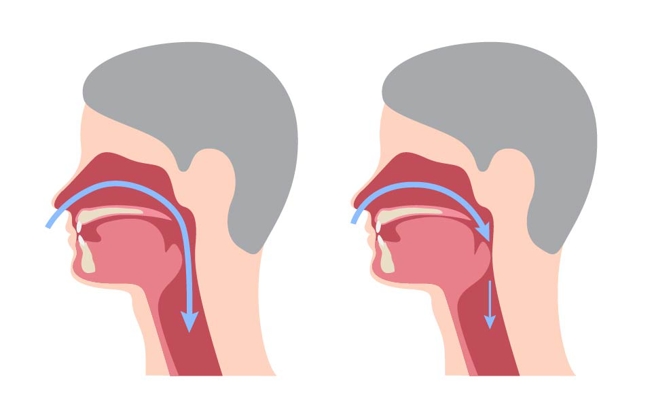Signs of Heart Disease in Women
- Category: Cardiovascular, Heart Health
- Posted On:
- Written By: Parrish Healthcare

Heart disease is often thought of as a men’s health issue, but this couldn’t be further from the truth. According to the CDC, heart disease is the leading cause of death for women in the United States. Women may not always experience the classic symptoms such as chest pain, in fact, some do not notice any symptoms at all. However, by staying educated about how heart disease affects women, they can learn to recognize the symptoms that point to heart disease that they may otherwise be brushed off as something less serious.
Symptoms and Warning Signs
Listening to your body and not ignoring the following signs and symptoms of heart disease can get you the care and treatment you need to improve your heart health. Symptoms women may experience that are unrelated to chest pain, but could point to serious heart disease are:
- Unusual fatigue and sleep disturbances
- Shortness of breath
- Indigestion
- Anxiety
- Pain in jaw, arm, neck, back or chest
- Shortness of breath
- Fatigue, cold sweats or dizziness
What are the Differences in Warning Signs as Compared to Men?
Men may have more direct symptoms such as tightening sensations or crushing in their chest. Often termed a “silent” heart attack, a woman's symptoms can be more subtle with milder symptoms — nausea, dizziness, shortness of breath or fatigue — as opposed to the often severe pain that men experience.
Risk Factors
While men tend to develop heart disease in their late fifties to early sixties, women are more likely to be in their late sixties before they develop symptoms. This is partly because estrogen helps to protect the heart and keep it supple, and after menopause that protective element is greatly diminished. However, it's important for women to understand the following risk factors at every age.
- High blood pressure
- High LDL cholesterol
- Diabetes
- Obesity
- Smoking
- Menopause
- Lack of exercise/ inactivity
- Stress
- Depression
- Chemotherapy - some types of chemotherapy can increase the risk of heart disease. It’s important to discuss with your doctor your overall risks before cancer treatments.
Ways to Reduce Your Risk
There are a number of preventive measures women can take to reduce their risk of heart disease.
- Exercise
- Eat a heart-healthy diet
- Lose weight
- Quit smoking
- Aspirin - before incorporating aspirin into your preventative routine, speak to your doctor and take only as prescribed.
- Limit alcohol intake
- Learn ways to manage stress
- Get regular check-ups
Parrish Healthcare offers the latest in screening and advanced treatment of heart disease. Take our FREE HEARTAWARE RISK ASSESSMENT to get a personal snapshot of your heart health. For more information about heart disease prevention and treatments, contact the Parrish Healthcare Cardiovascular Team at 321-268-6111. We are happy to help you with all your cardiovascular concerns and needs.



